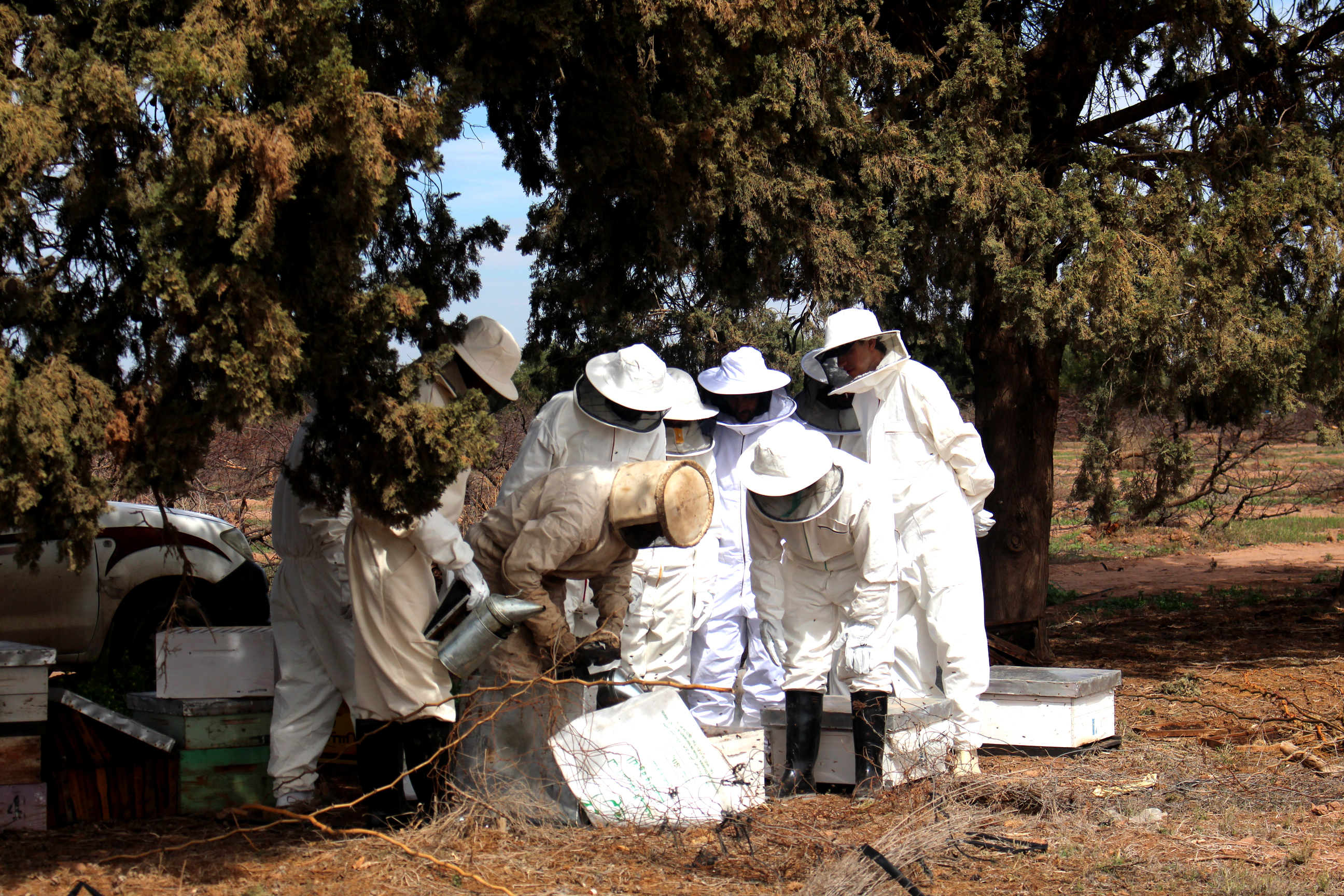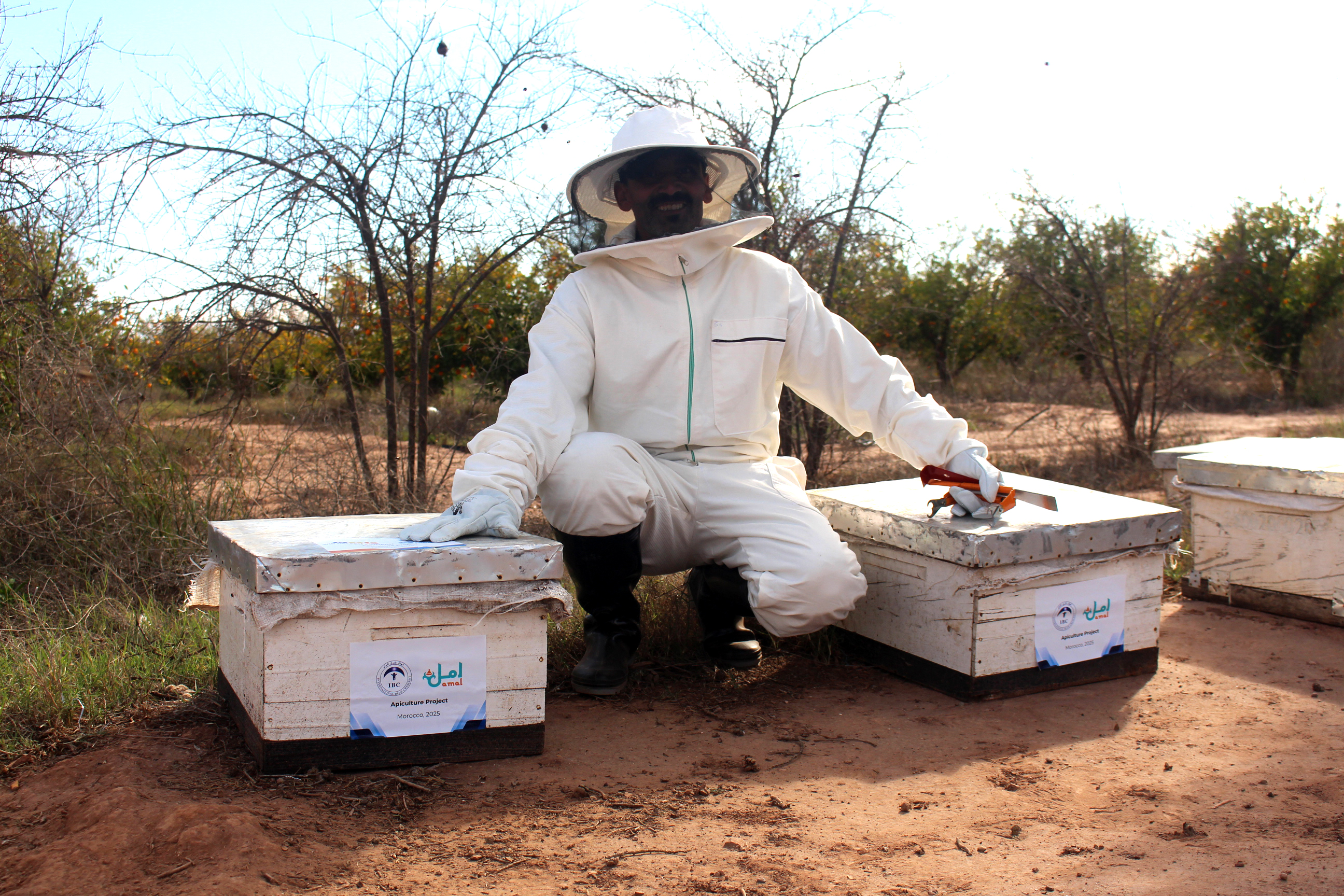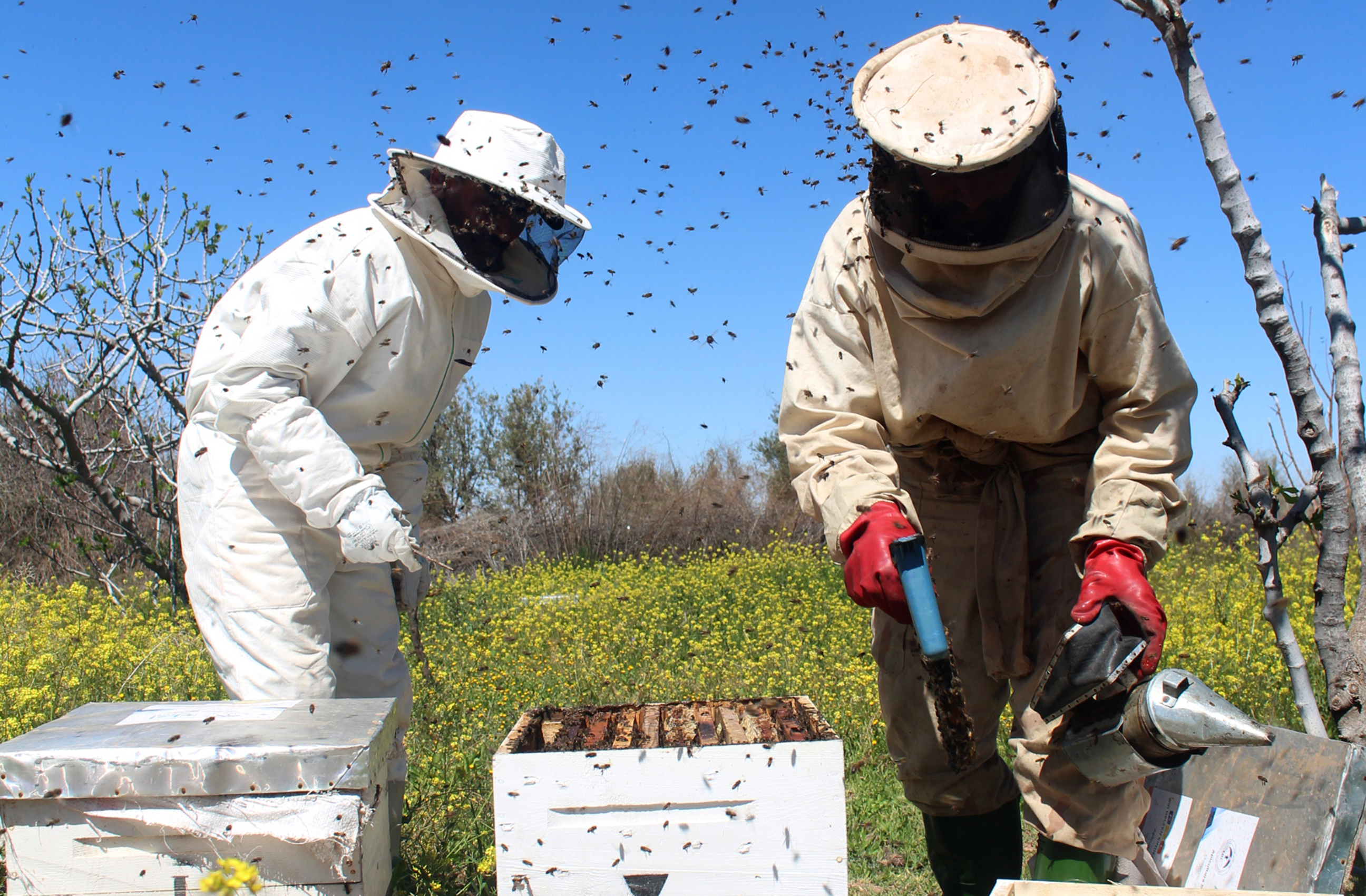
Nearly two years ago, the devastating earthquakes in Morocco changed the lives of thousands. Alongside the damage to living conditions, many families also lost their sources of livelihood.
The earthquakes caused thousands of injuries and fatalities, and left hundreds of thousands homeless. From the very first moments of the disaster, our Foundation began field assessments to identify urgent humanitarian needs and, for over a year, provided wide-ranging support—from food and winter clothing to non-food items and tents—for the affected communities.
Our Foundation continued supporting vulnerable families in Morocco after the earthquake, delivering food parcels during Ramadan and distributing meat during Eid al-Adha in 2025.
The earthquake did not only destroy physical infrastructure—it also devastated animal populations, depriving survivors of a critical source of income, nutrition, and economic stability. In response, our Foundation took new steps to provide more sustainable solutions in the region.
To help Moroccan families regain their economic independence, we launched a comprehensive development initiative in collaboration with Action Medeor, focusing on livestock and apiculture projects that aim to create long-term livelihood opportunities and boost employment.
The livestock project focused on restoring not just animals, but also the hope and stability of rural households. Project activities included the procurement of sheep breeds suitable for mountainous terrain, development of feeding plans, rotational grazing, scheduled veterinary care, vaccinations, deworming, reproductive planning, lambing preparation, and training the local population in best practices for herd management.
Among those most affected by the earthquake were families engaged in apiculture. In this area too, with support from Action Medeor, our Foundation continued its efforts by procuring 60 modern beehives along with high-quality equipment and bee colonies essential for modern apiculture. The supplies included Langstroth hives, full protective suits (including coveralls, gloves, and hats), smokers, feeders, extractors, and other tools necessary for safe and efficient hive management.
This multi-component apiculture project aimed to build both technical expertise and entrepreneurial capacity. In the initial phase, beneficiaries attended training in Marrakech on agroecology and permaculture, gaining foundational knowledge in apiculture. This was followed by a two-month field mentorship program, during which a professional beekeeper provided one-on-one guidance to families throughout the critical spring season. During this period, the number of hives increased from 60 to 90, and some were enhanced using advanced techniques.
 |
 |
 |
The entrepreneurship component of the project aimed to empower participants as micro-entrepreneurs. In partnership with the local organization AMAL Nonprofit and the cooperative IDAFA, which promotes the social and solidarity economy, the "ImpactNass" program was launched. As part of this program, both rural beneficiaries and AMAL team members participated in workshops covering entrepreneurship, marketing, teamwork, decision-making, and customer relations. As a result, beneficiaries became not only skilled beekeepers, but also capable producers with the skills to launch and manage their own businesses.
By supporting these projects in cooperation with Action Medeor, our Foundation aimed to create resilient and sustainable livelihood opportunities for earthquake survivors. This initiative has not only contributed to economic stability but also helped restore a sense of hope and purpose, enabling affected families to rebuild their lives and communities with dignity and determination.